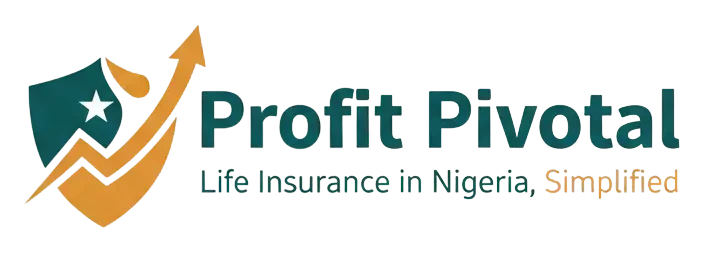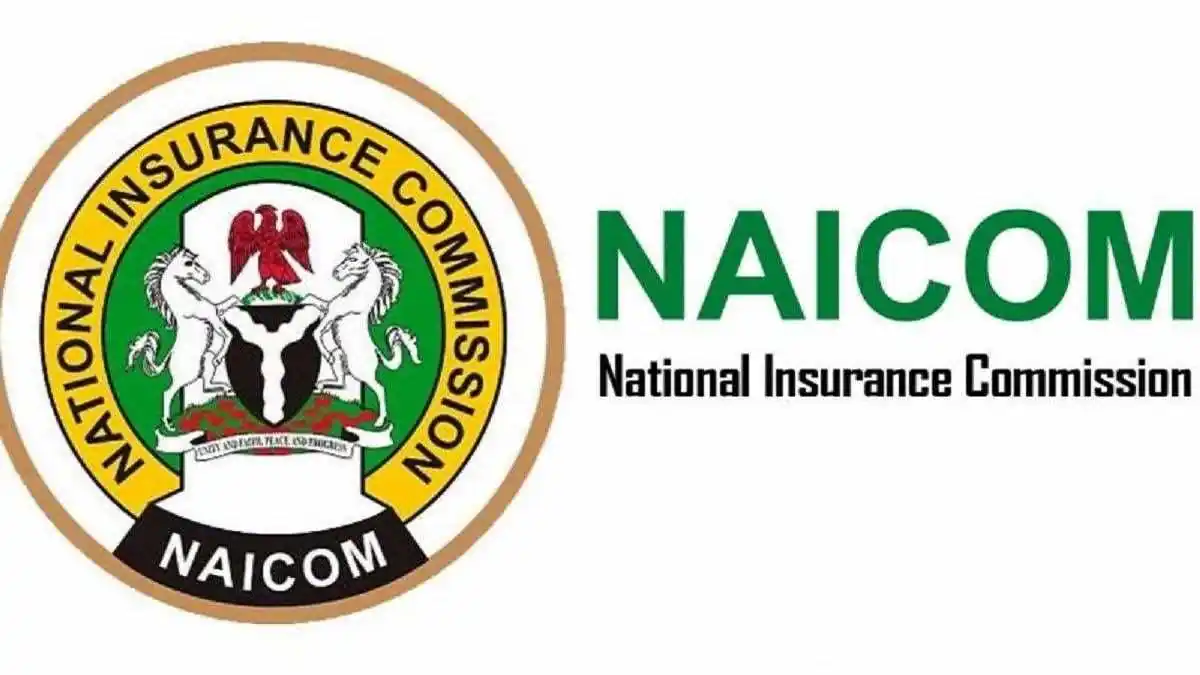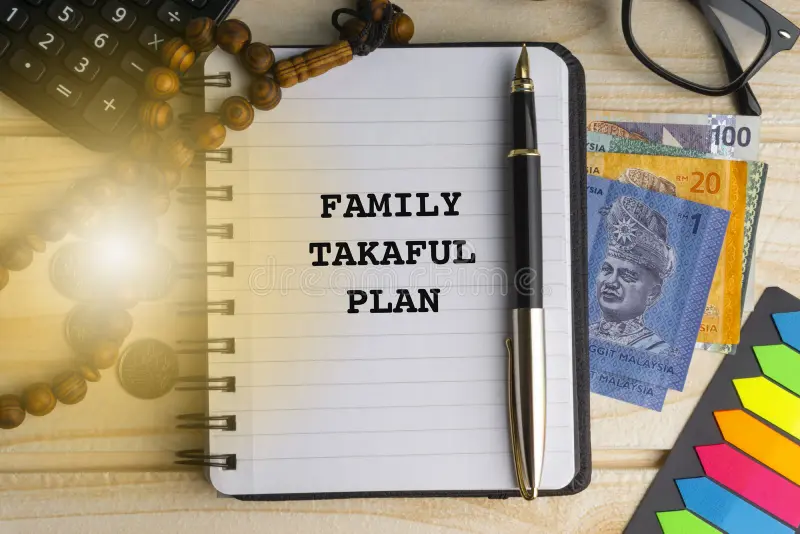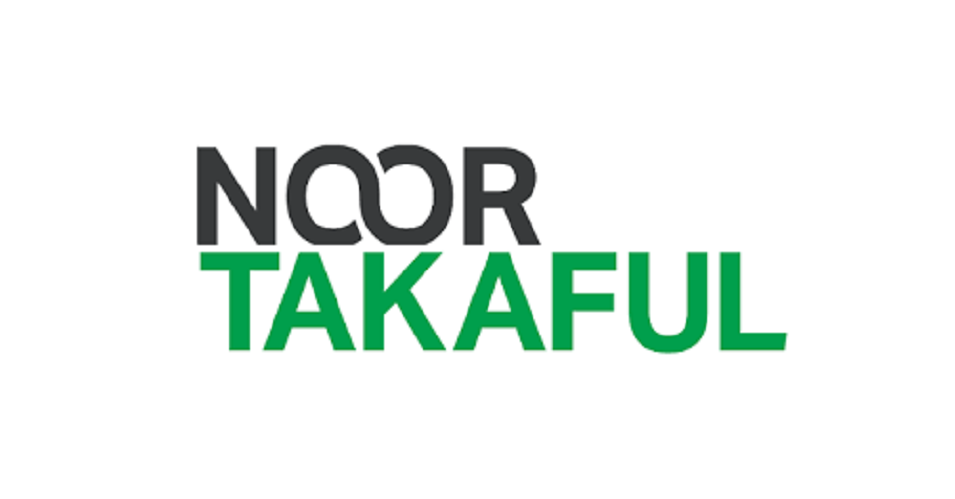Collateral assignment of life insurance is a smart way for Nigerians to secure financing. It’s a conditional assignment where a lender has a claim to the death benefit, but only for the amount you owe. In simple terms, this arrangement uses your policy’s death benefit as loan collateral, providing security for both you and the lender.
This process involves a borrower using their life insurance policy as security for a loan, which can be a practical way to get funds for a business, mortgage, or personal project. When you use a policy as loan collateral, your assets remain untouched while still giving the bank the assurance it needs.
This guide will explain everything you need to know about how collateral assignment of life insurance works in Nigeria.
What is a Collateral Assignment with Life Insurance?
A collateral assignment of life insurance is a conditional agreement where a borrower uses their life insurance policy as security for a loan. In this setup, the lender temporarily gains a claim to the death benefit or the policy’s face value—but only for the amount owed. Once the loan is repaid, the lender’s rights end, and full ownership returns to the policyholder.
This arrangement uses life insurance as loan collateral, helping borrowers access credit while giving lenders reliable assurance of repayment.
How Does Collateral Assignment Work in Nigeria?
The process is straightforward. Collateral assignment uses life insurance as security for a loan through a formal agreement known as a “collateral assignment form.”
Here are the simple steps involved:
- Find a Willing Lender: Not all Nigerian banks or lenders accept life insurance as collateral. It’s important to confirm this with your chosen financial institution first. Major banks like Zenith Bank, UBA, and Access Bank often have provisions for this.
- Get the Forms: Your lender will provide the necessary form. You will need to assign part of your existing policy as collateral coverage. Your insurance company (e.g., AXA Mansard, AIICO Insurance) must also be notified.
- Complete the Agreement: You will fill out the form, detailing the policy number, the loan amount, and the terms. This officially names the lender as an assignee.
- Notify Your Insurer: The completed form is sent to your insurance company. They will acknowledge the assignment and record the lender’s interest in your policy.
- Loan Disbursement: Once the paperwork is complete, the lender disburses the loan to you.
If you die while the loan is active, the insurer pays the outstanding balance to the lender from the death benefit. For example, if your life insurance policy is worth ₦20 million and your loan balance is ₦5 million, the bank gets ₦5 million, and your family gets the remaining ₦15 million.
What Type of Life Insurance Can You Assign for a Loan?
In Nigeria, lenders typically only accept permanent life insurance policies with cash value. These include:
- Whole Life Insurance: This policy provides coverage for your entire life and builds cash value over time.
- Endowment Policies: These policies pay out a lump sum after a specific term or upon death.
Term life insurance is usually not accepted because it has no cash value. Lenders prefer policies that have a tangible, growing value when someone uses life insurance as loan collateral.
Why Do Lenders Accept Life Insurance as Collateral?
Lenders accept life insurance as collateral because it offers them strong security. Here’s why it’s a win-win arrangement:
- Reduces Lender’s Risk: The policy guarantees that the loan will be repaid, even if the borrower passes away unexpectedly.
- Provides Access to Credit: For borrowers, it unlocks a way to get a loan without pledging physical assets like a car or a house.
- Ensures Peace of Mind: Your family won’t be burdened with repaying your debt after you’re gone.
Collateral Assignment vs. Absolute Assignment: What’s the Difference?
It’s crucial not to confuse collateral assignment with absolute assignment.
- Collateral Assignment: This is temporary. You transfer limited rights to a lender. Once the loan is paid off, all rights revert to you. Your beneficiaries are still entitled to the remaining death benefit from the life insurance policy.
- Absolute Assignment: This is permanent. You transfer full ownership and all rights of the policy to someone else. You can no longer make changes, and the new owner receives the entire death benefit.
For securing a loan, you will almost always use a collateral assignment.
What Happens When You Repay the Loan?
Once you have paid off your loan in full, the collateral assignment must be released.
The lender will sign a “release of assignment” form and send it to your insurance company. This officially ends their interest in your policy. Your insurer will update its records, and your life insurance policy will return to its original state, with all rights fully restored to you.
It’s important to follow up with both your lender and insurer to ensure this final step is completed.
Should You Use Your Life Insurance for a Loan?
Using your life insurance as collateral can be a smart financial move, but it’s not for everyone.
Consider it if:
- You have a permanent life insurance policy with significant cash value.
- You need a loan for a productive purpose, like a business or education.
- You don’t want to risk your primary residence or other physical assets.
Be cautious if:
- Your policy has a small cash value.
- You are not confident in your ability to repay the loan.
- The interest rates or loan terms are not favourable.
Before making a decision, speak with a qualified financial advisor. They can help you understand if a collateral assignment of life insurance is the right choice for your financial situation.
Suggested Reads:
1. Capital Gains Tax in Nigeria: A Simple Guide to Your Profits (2025)
2. 5 Things Term Life Insurance Does for Nigerians That Savings Cannot
3. Discover the Secret Clause Many Nigerians Miss in Their Term Life Policies
4. Top 5 Best Life Insurance Companies in Nigeria for 2025
5. How Much Does Life Insurance Cost in Nigeria (2025)
6. Can Creditors Take Life Insurance Proceeds in Nigeria?
7. How to Withdraw Money from a Life Insurance Policy: Your A-Z Guide








